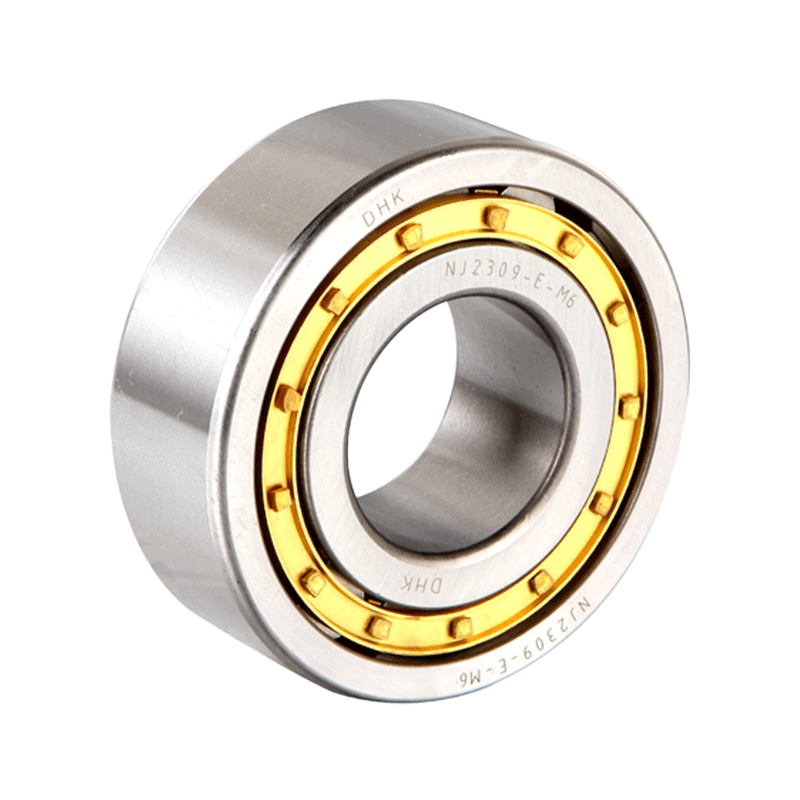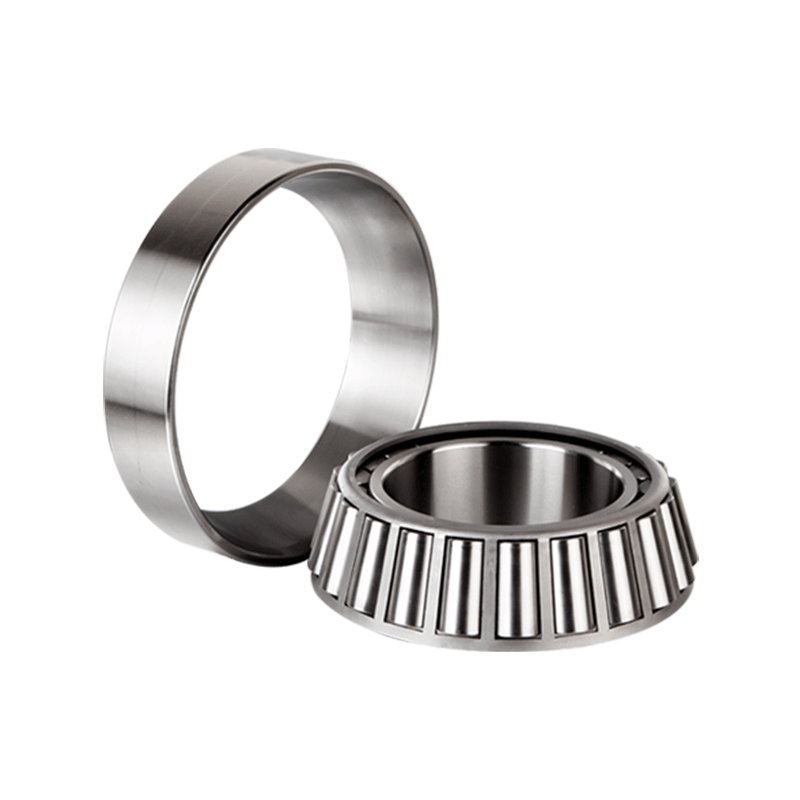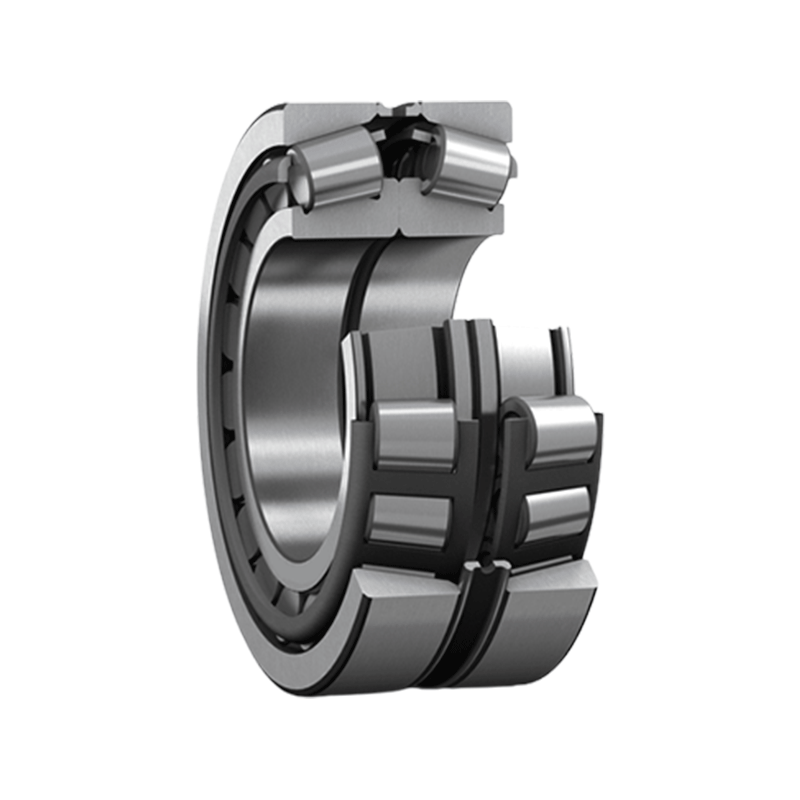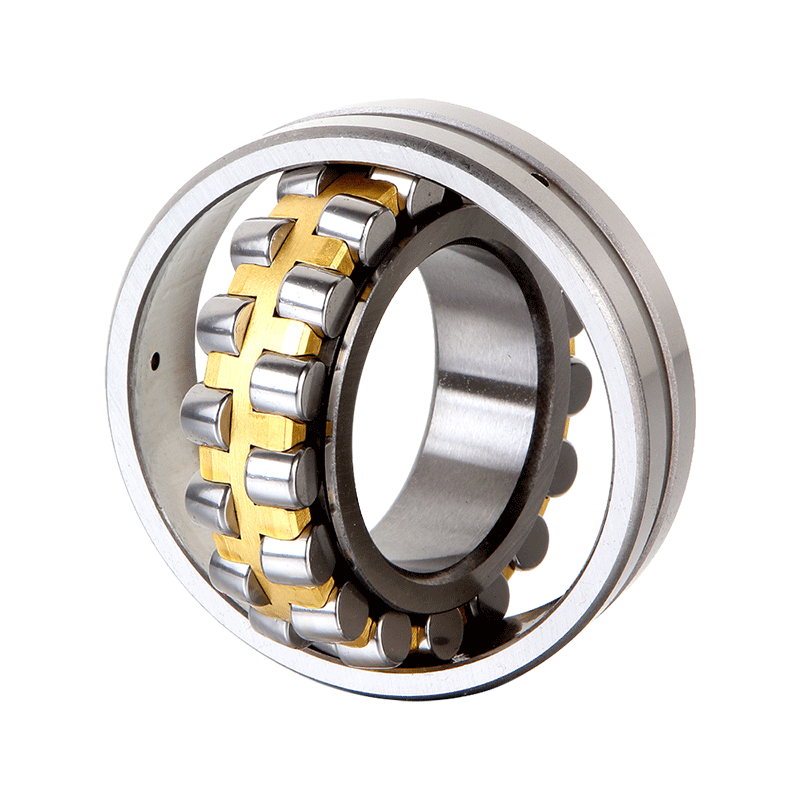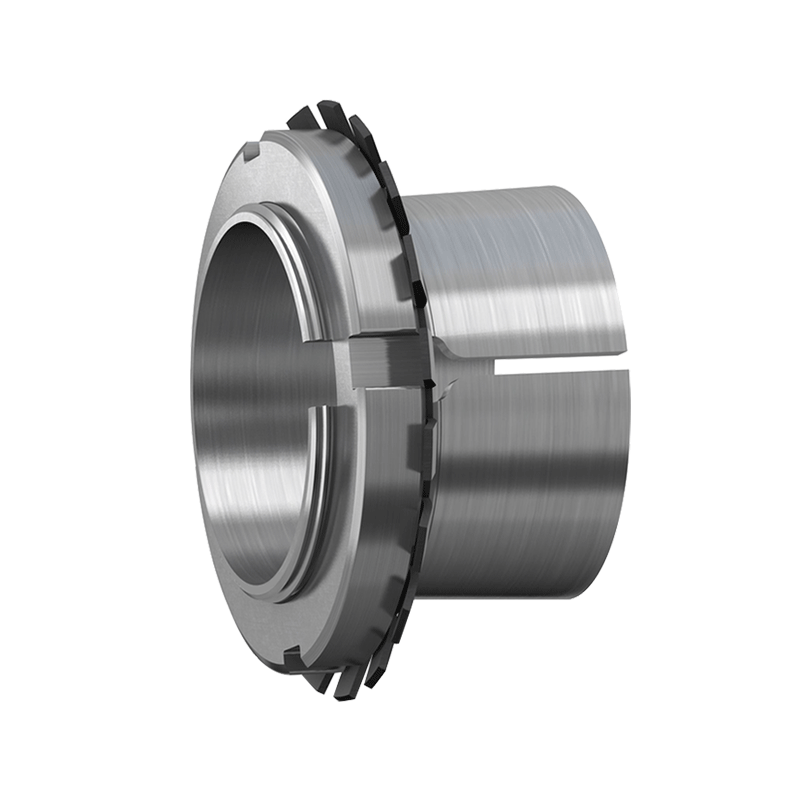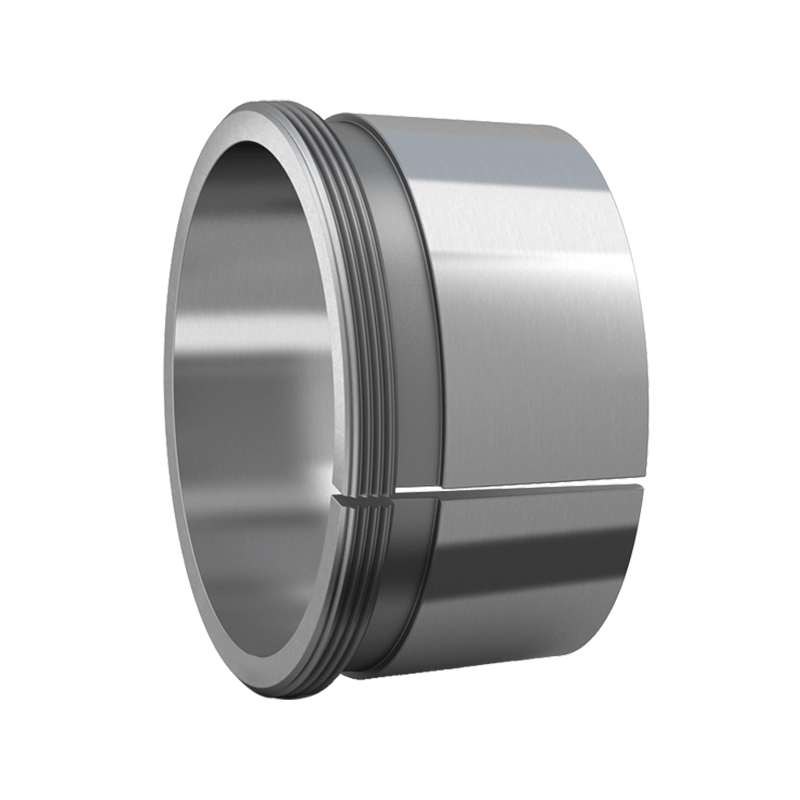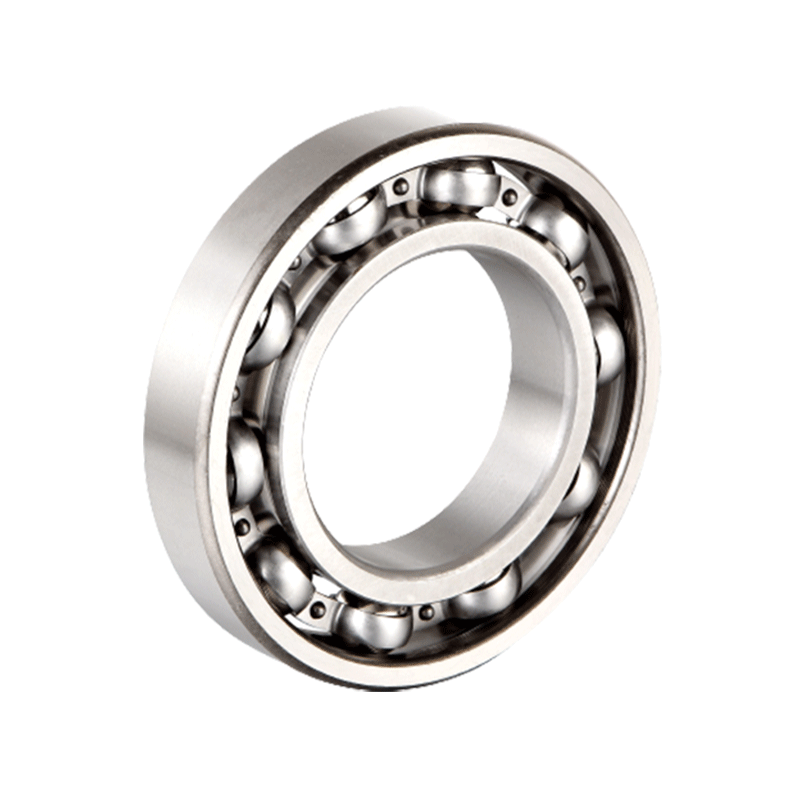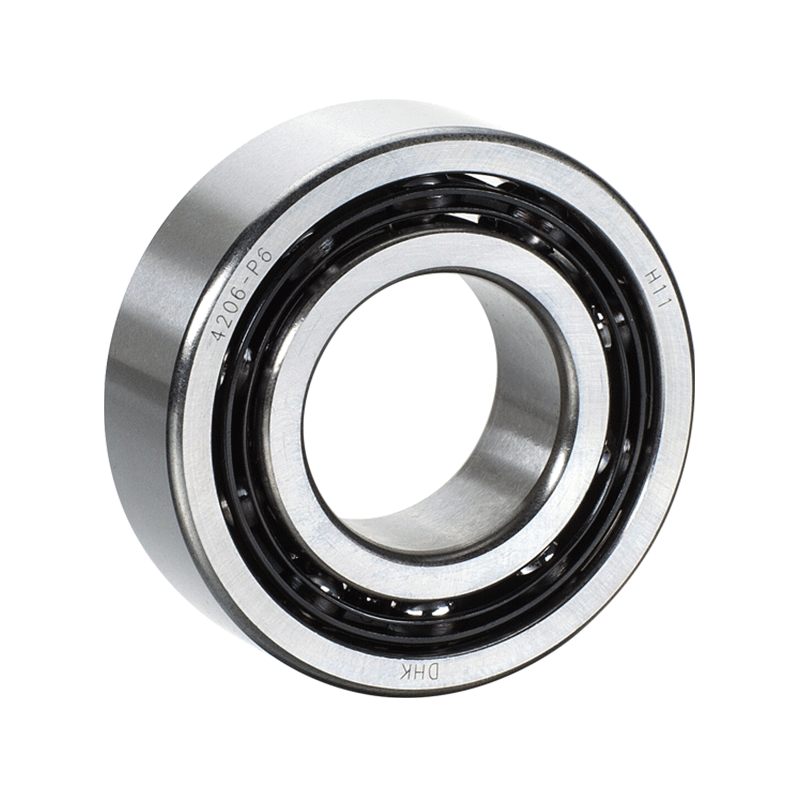High-speed machine tool bearings are meticulously engineered to accommodate significant increases in spindle rotation rates, often exceeding traditional limits. This capability is crucial in applications where time is a critical factor. The ability to operate at higher speeds allows CNC machines to perform rapid cuts, drastically reducing machining cycle times. For manufacturers, this means a substantial increase in output without the need for additional machinery. The overall productivity is elevated, enabling manufacturers to meet tight deadlines and demand fluctuations more effectively.
Precision in machining is non-negotiable, particularly in industries such as aerospace, automotive, and medical device manufacturing, where tolerances can be as tight as microns. High-speed bearings contribute to this precision by reducing runout and deflection, critical factors that can lead to inaccuracies in the machining process. The advanced design features, including improved geometry and tighter tolerances, ensure that the spindle remains stable even under the stresses of high-speed operations. This reliability translates into consistent part quality, minimizes waste, and reduces the costs associated with rework and scrap. The enhanced accuracy bolsters customer satisfaction and strengthens a manufacturer's reputation in the market.
The selection of high-speed bearings often involves materials that possess exceptional fatigue resistance and thermal properties. These bearings are designed to endure the intense conditions associated with high-speed machining, significantly extending their service life. As a result, manufacturers experience fewer interruptions due to bearing failures or maintenance requirements. The implications of this reduced downtime are profound: less frequent maintenance translates to improved machine availability, allowing for continuous operation and optimized production schedules. For businesses, this means a greater return on investment (ROI) as machines operate for longer periods without costly breakdowns.
Friction is one of the primary causes of wear and heat generation in mechanical systems. High-speed machine tool bearings are engineered with advanced lubricants and surface treatments that minimize friction, enabling smoother operation at elevated speeds. By significantly lowering friction, these bearings help to maintain a cooler operational environment, preventing heat buildup that can compromise performance and lead to thermal expansion issues. The result is enhanced bearing life and improved overall machine reliability. Furthermore, maintaining optimal operating temperatures helps ensure that machining processes remain stable, which is particularly important for maintaining quality in sensitive operations.
Achieving superior surface finishes is critical in many manufacturing processes, as the quality of the surface directly affects the functional performance of the final product. High-speed bearings contribute to this by reducing vibration and resonance during machining operations. The enhanced stability allows cutting tools to engage the material with greater consistency, resulting in finer finishes. This improvement not only enhances the aesthetic quality of machined parts but also reduces the need for subsequent finishing processes, such as grinding or polishing. The reduction in post-processing steps not only saves time but also reduces labor and material costs, further improving overall profitability.
Single Row Angular Contact Ball Bearings
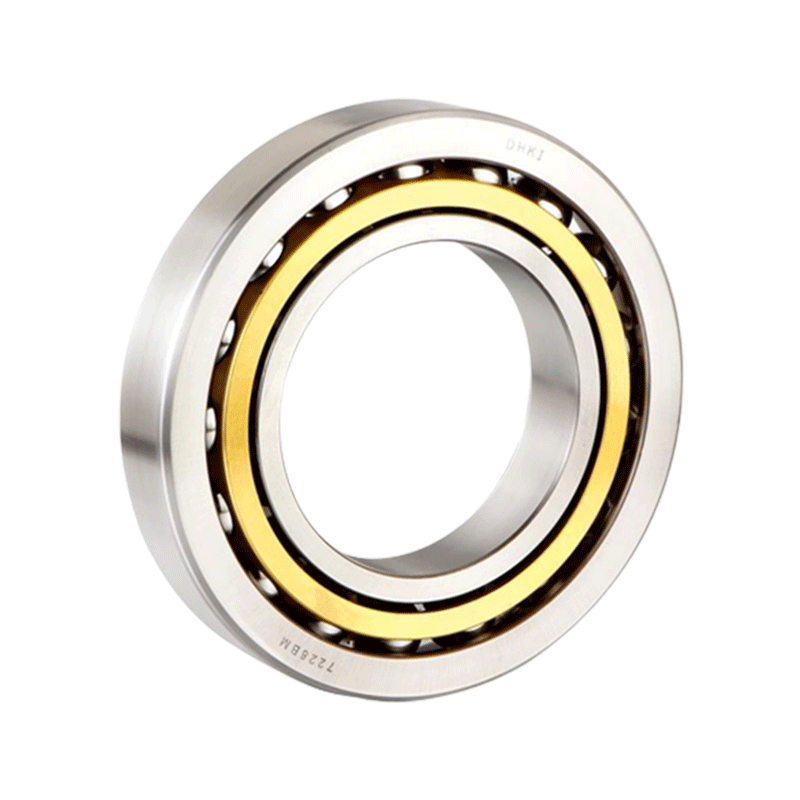


 English
English Deutsch
Deutsch
